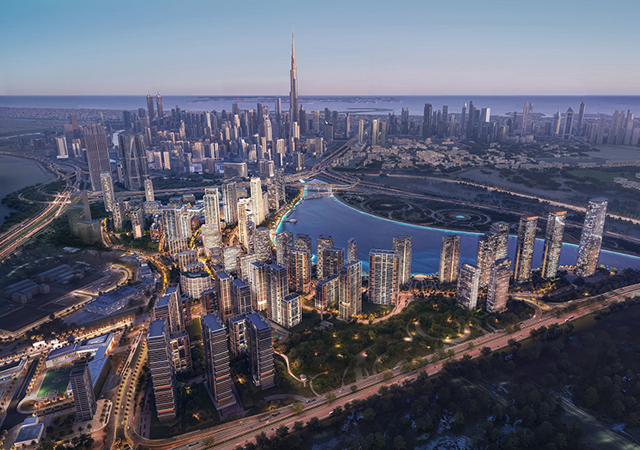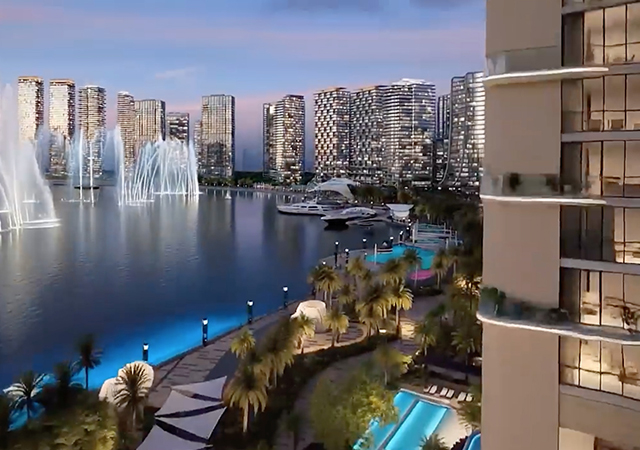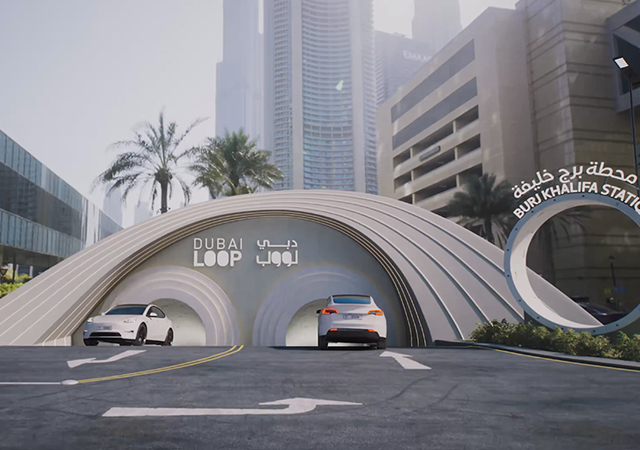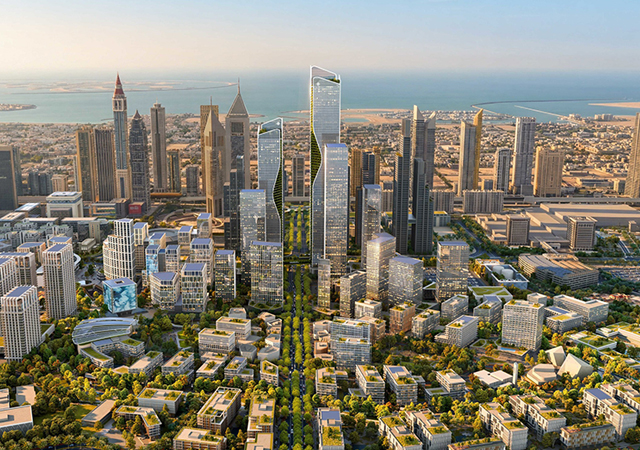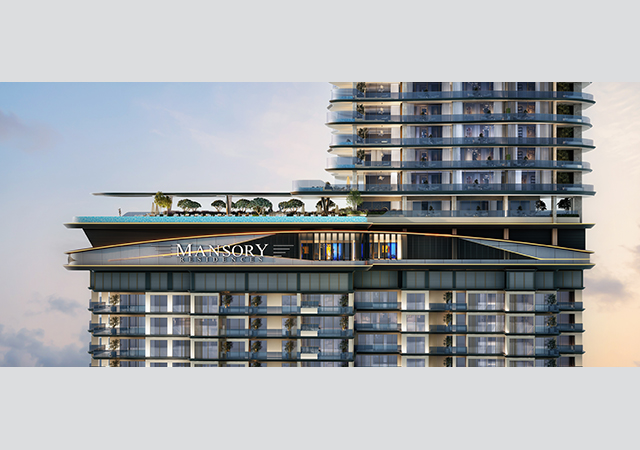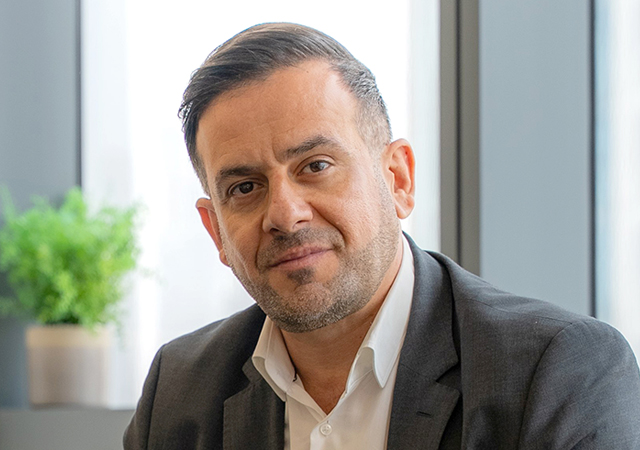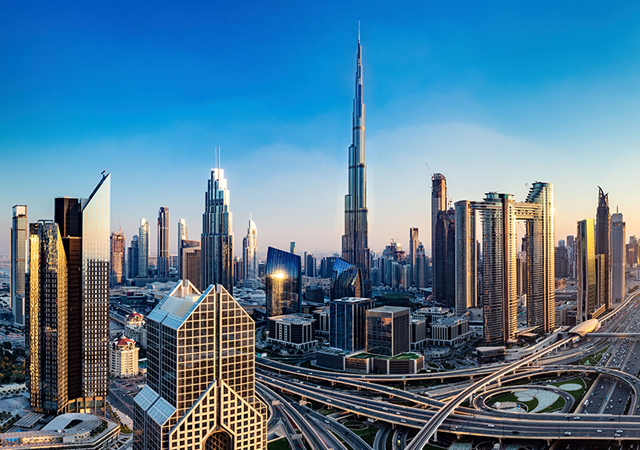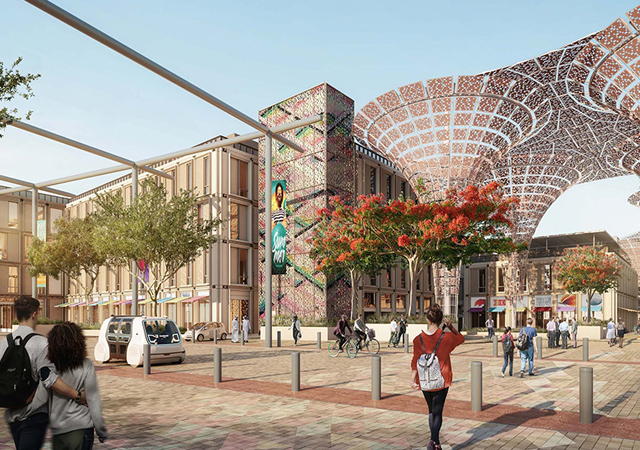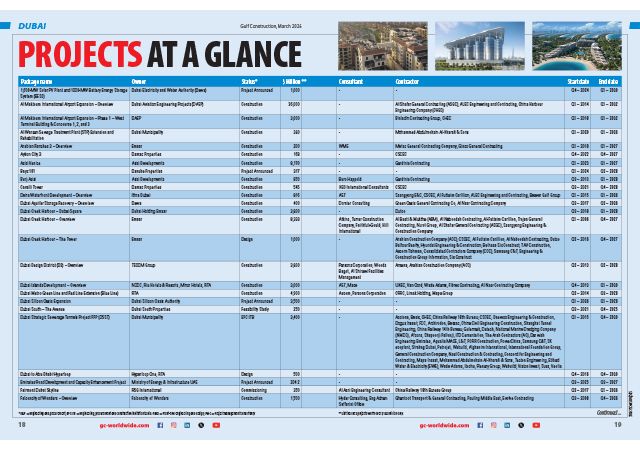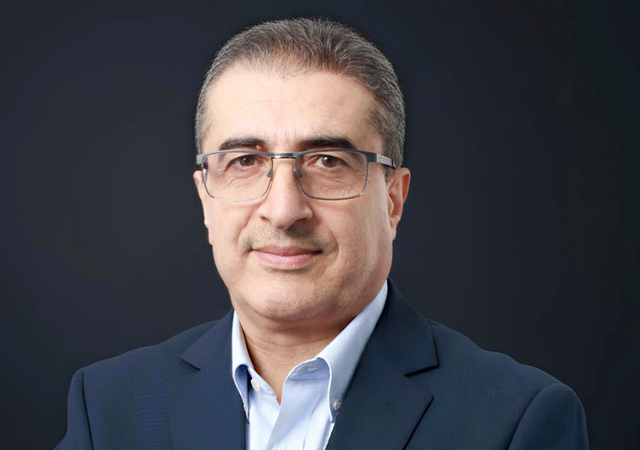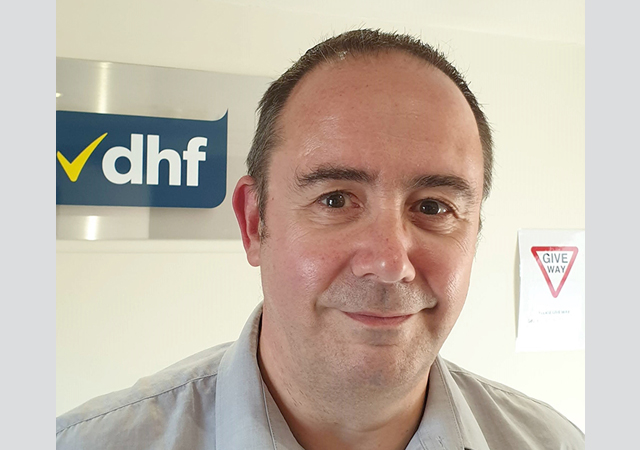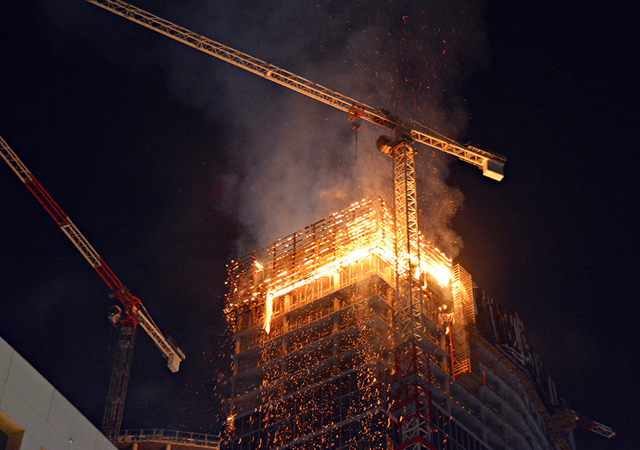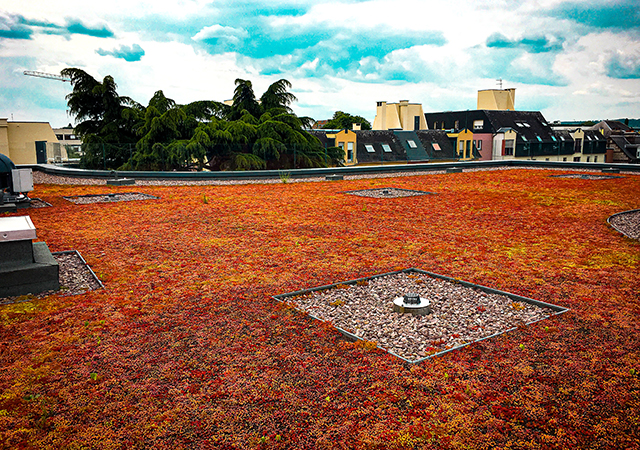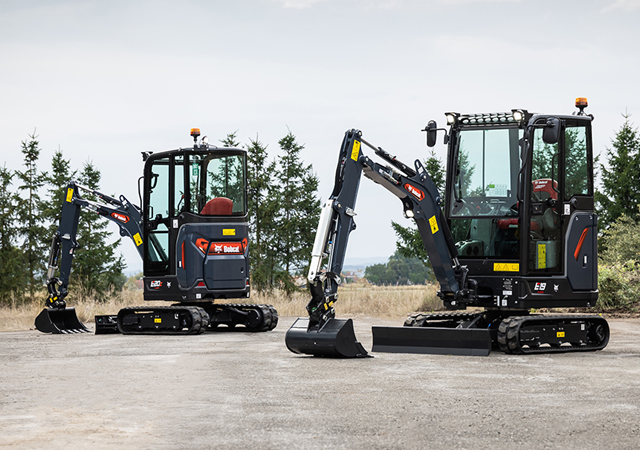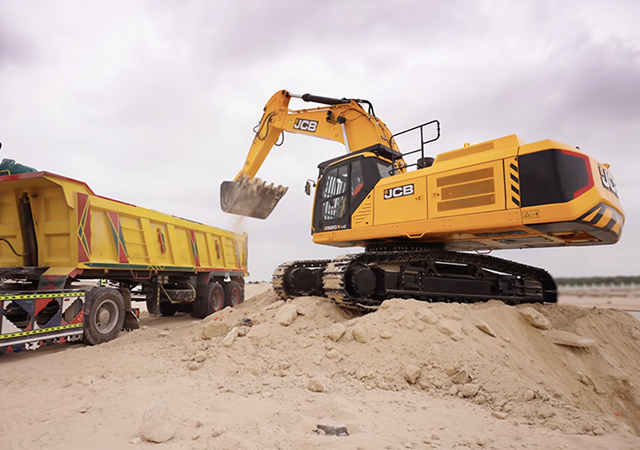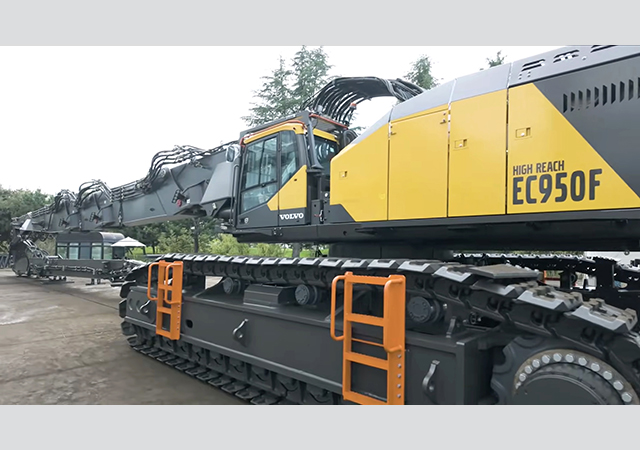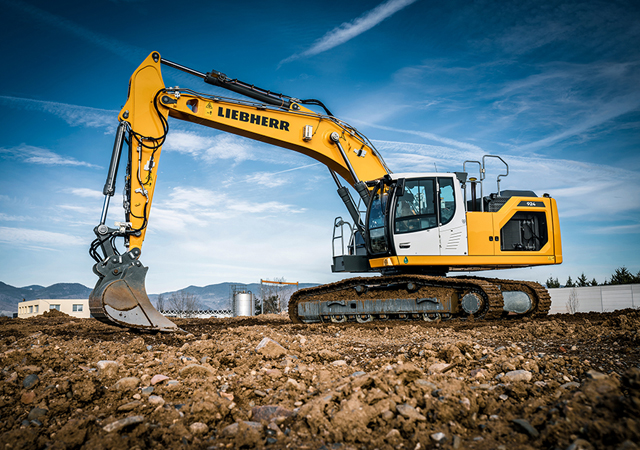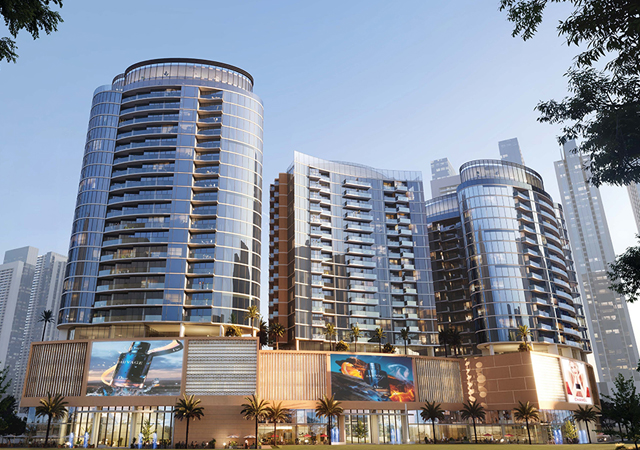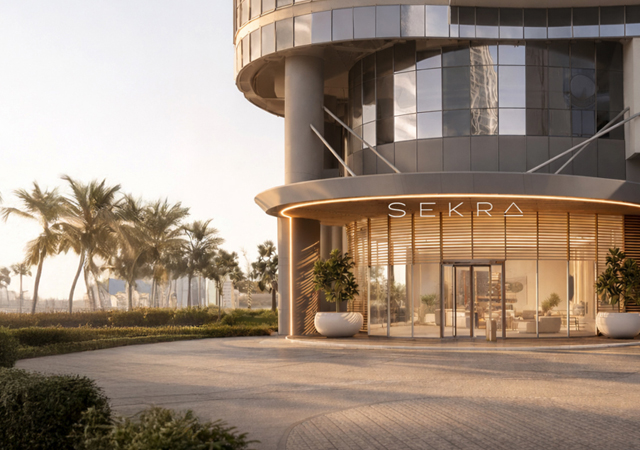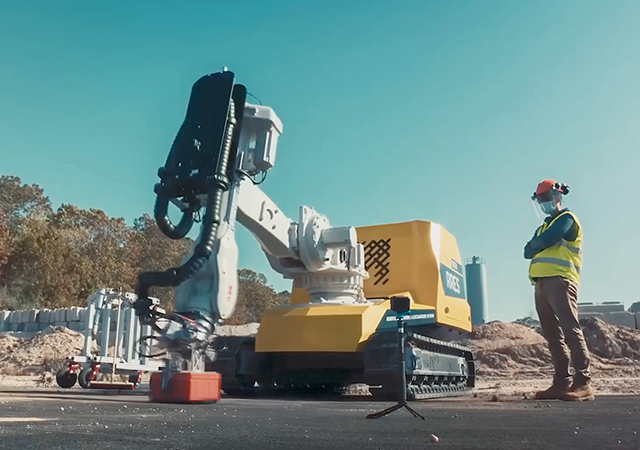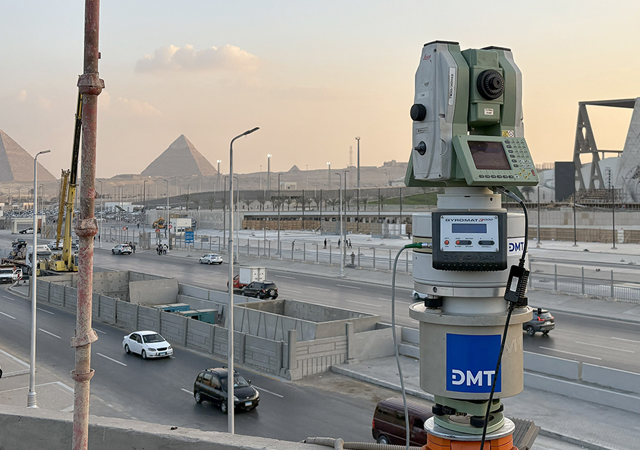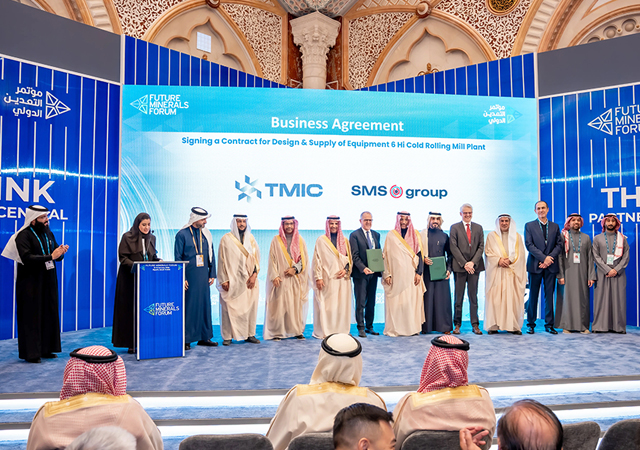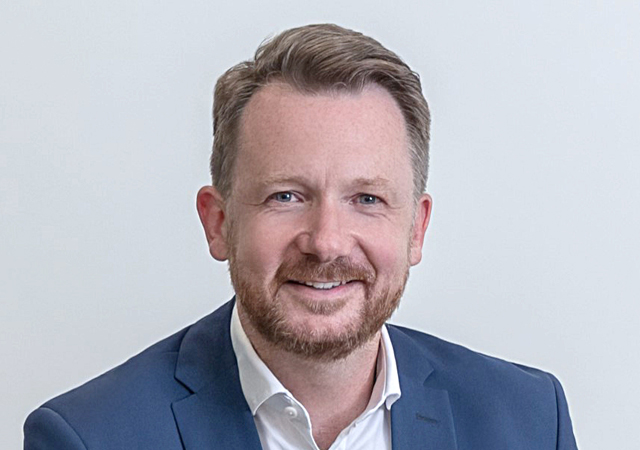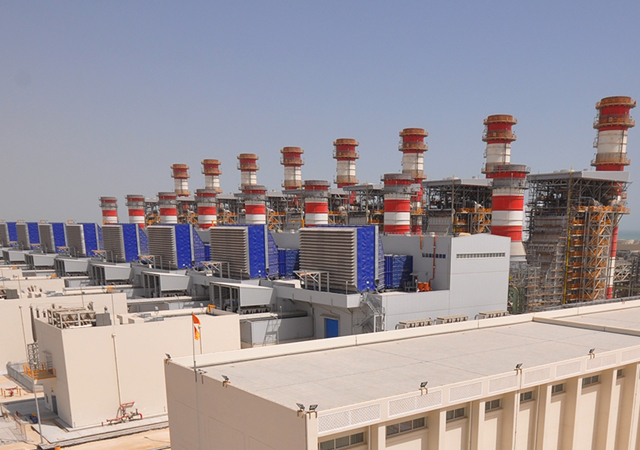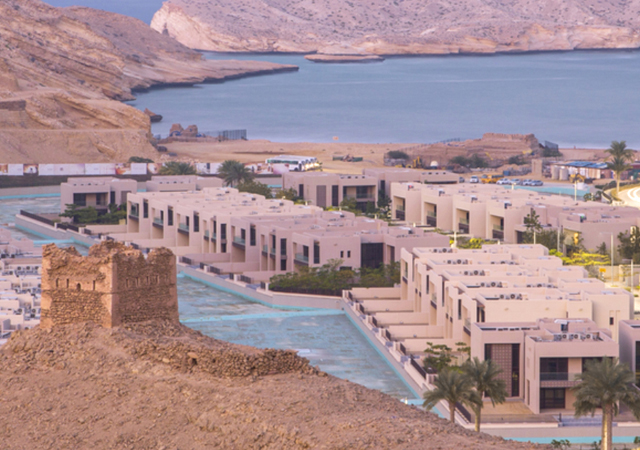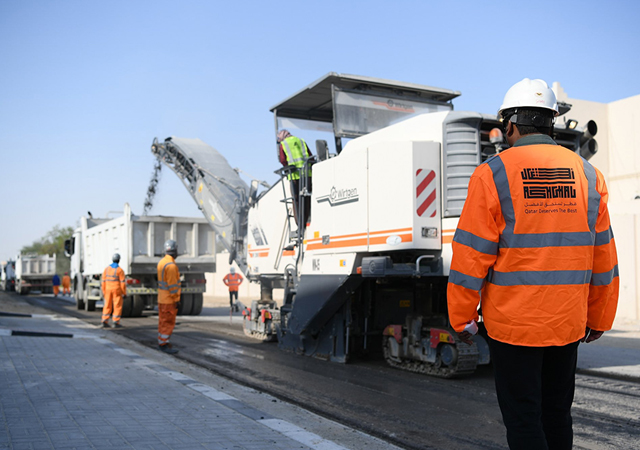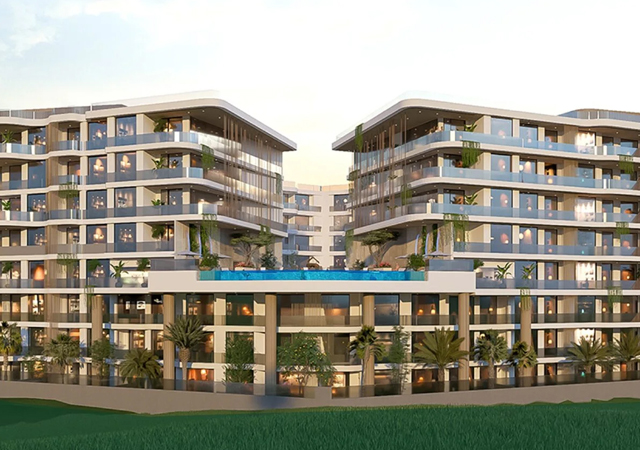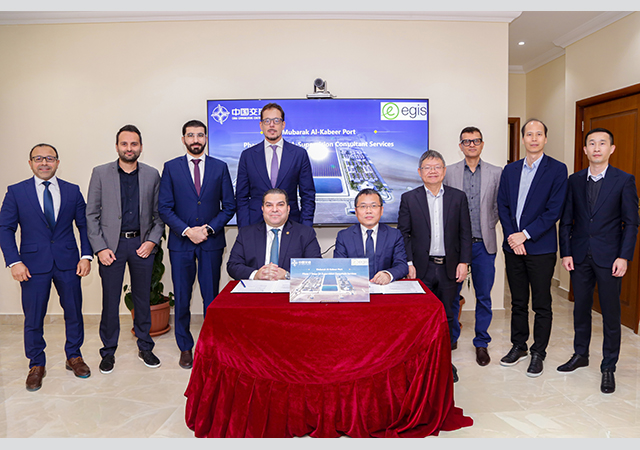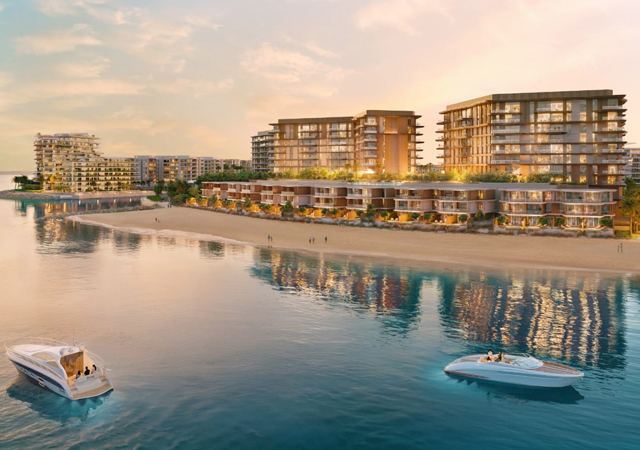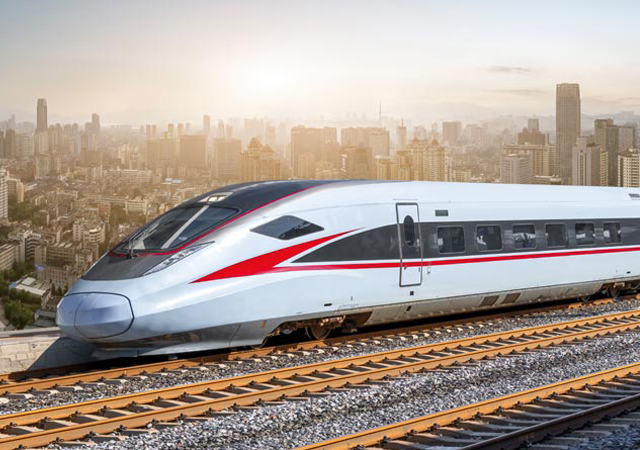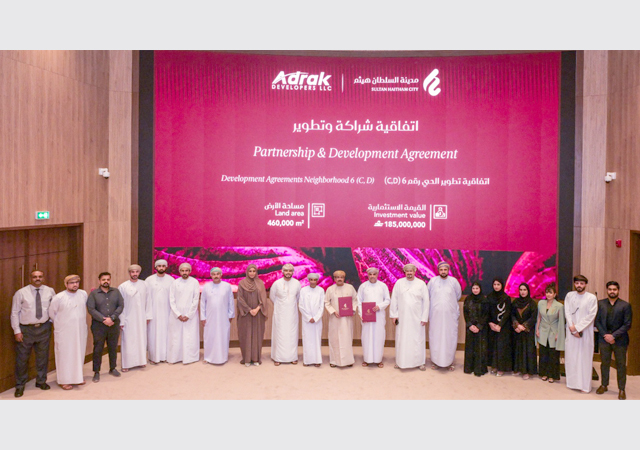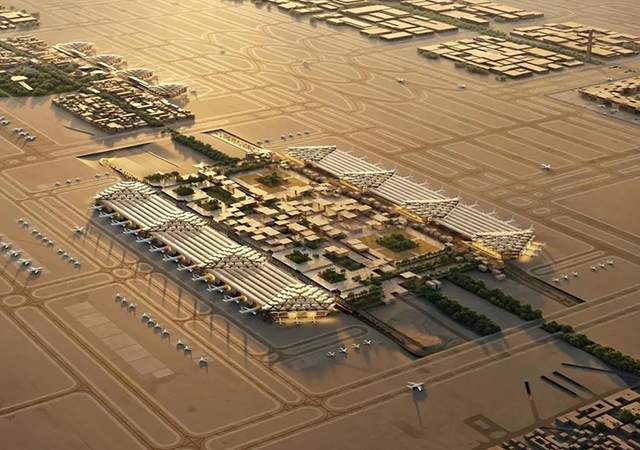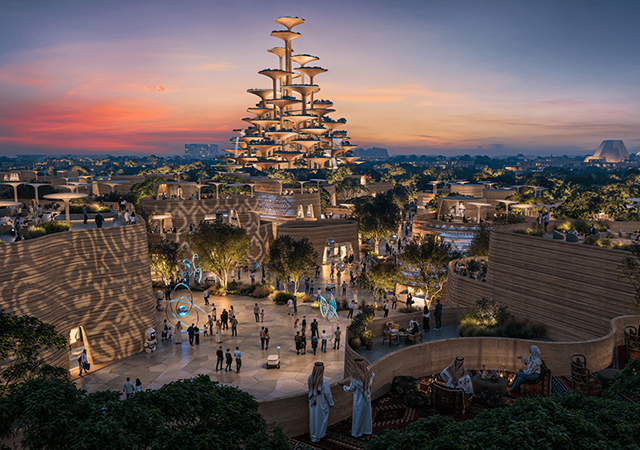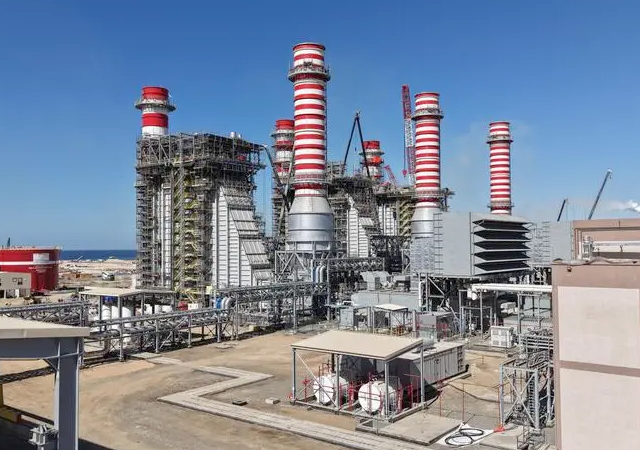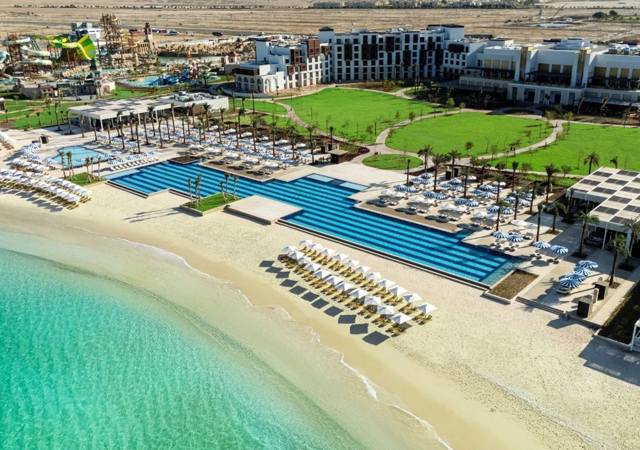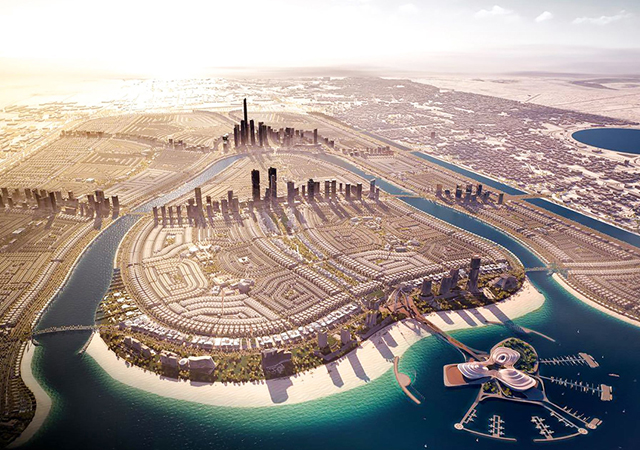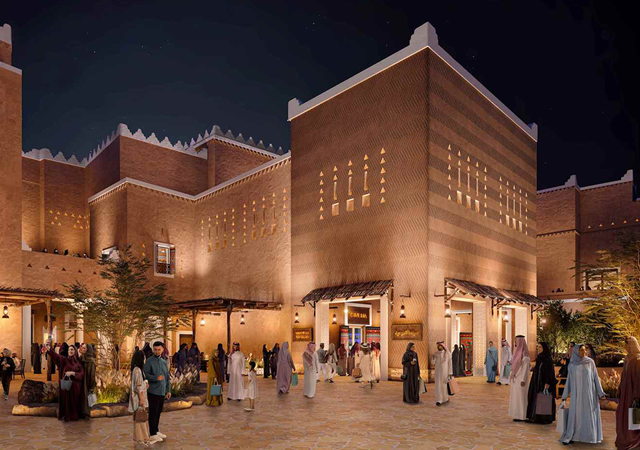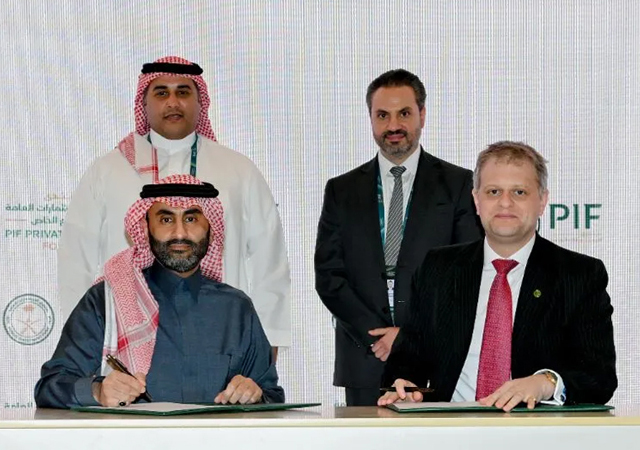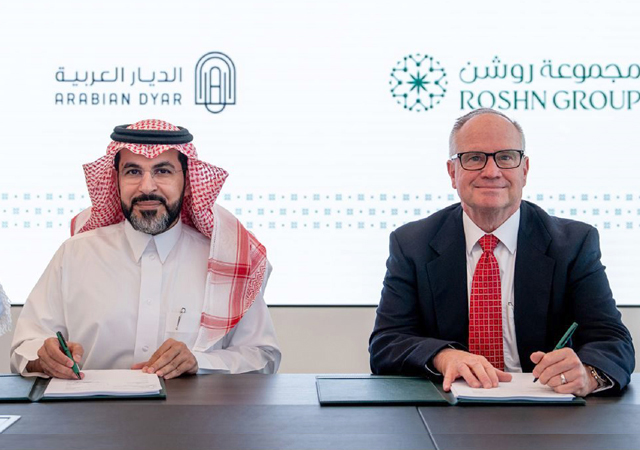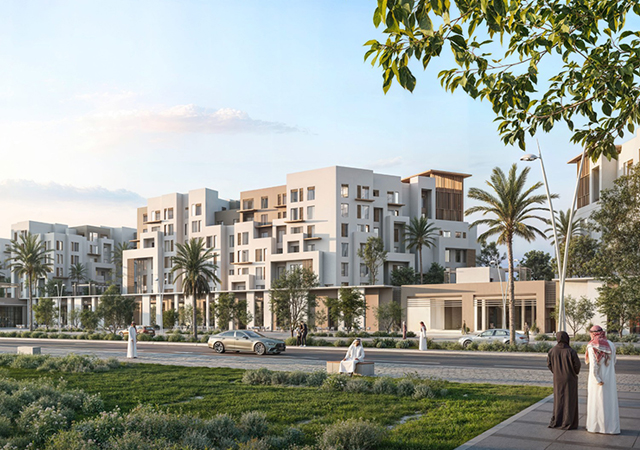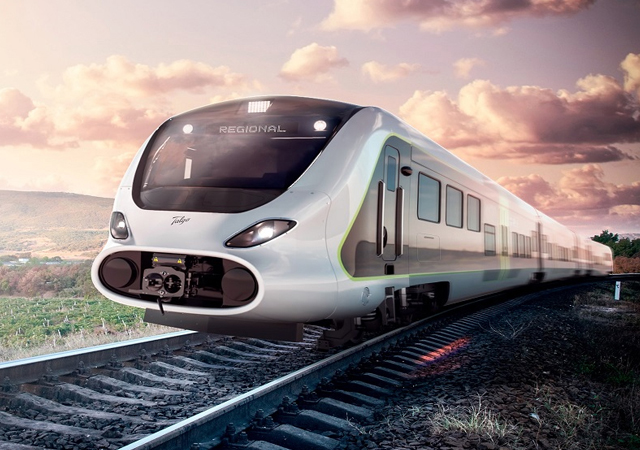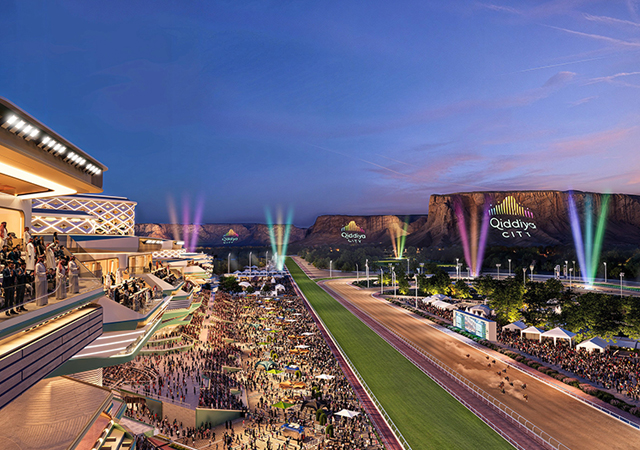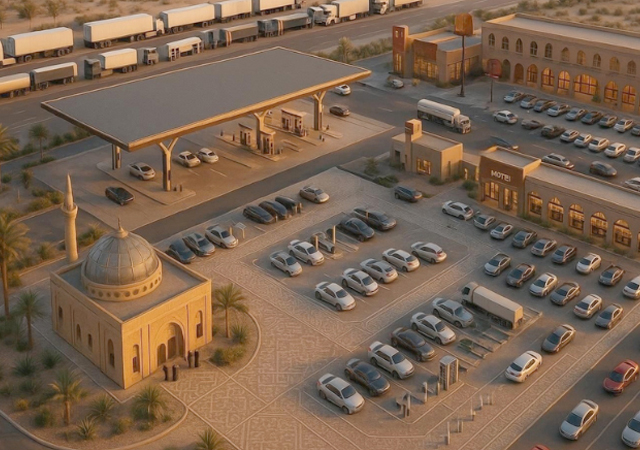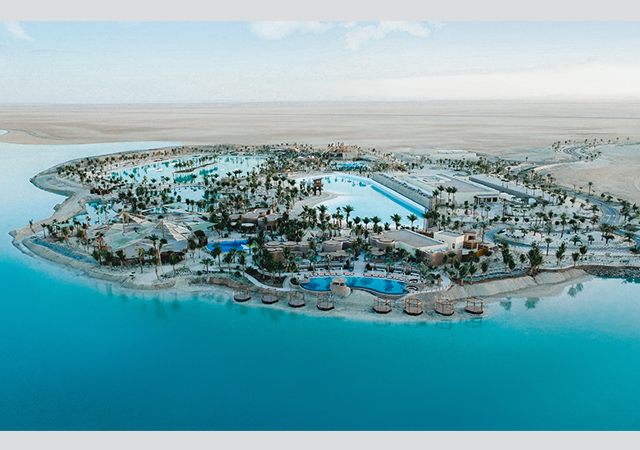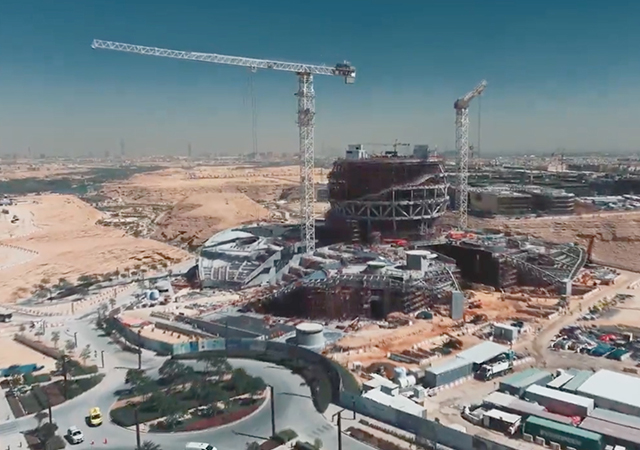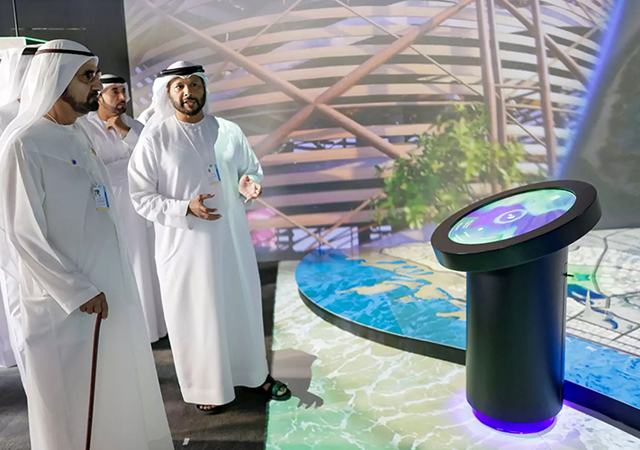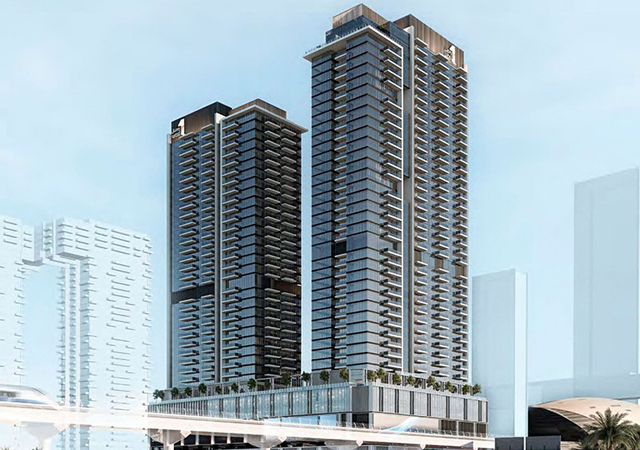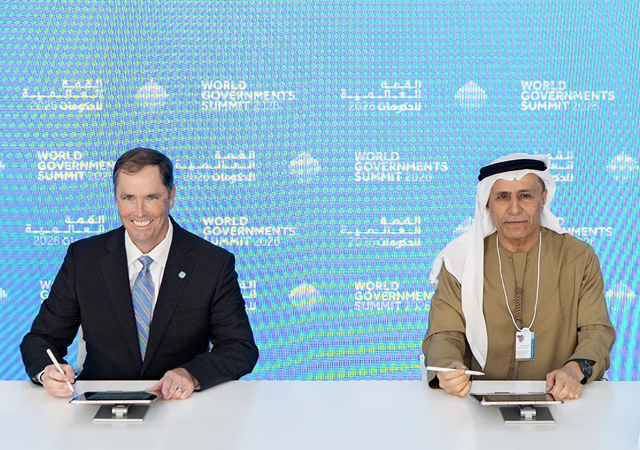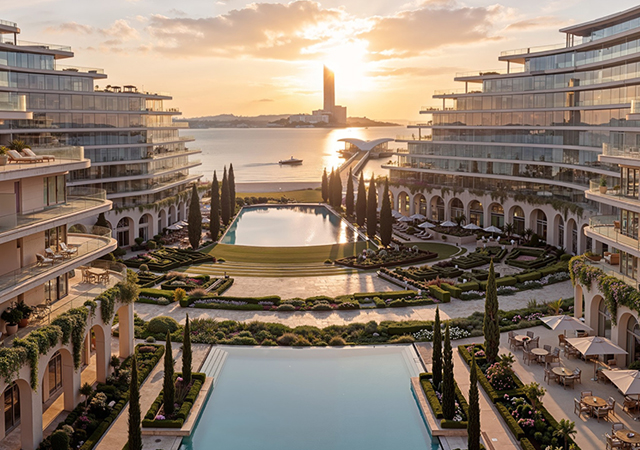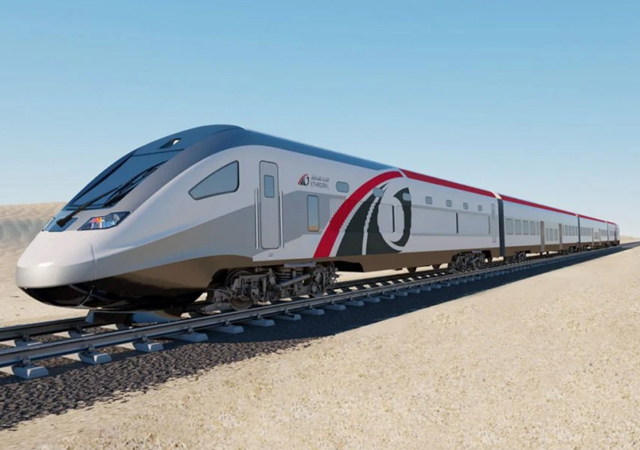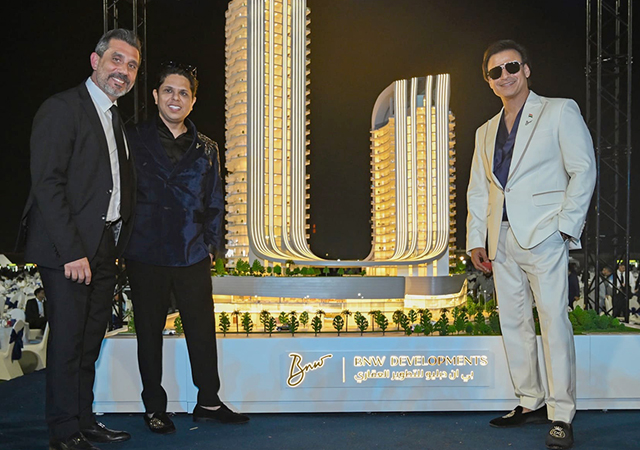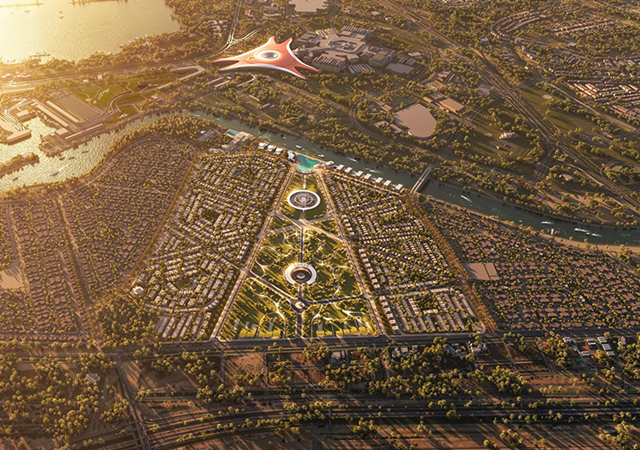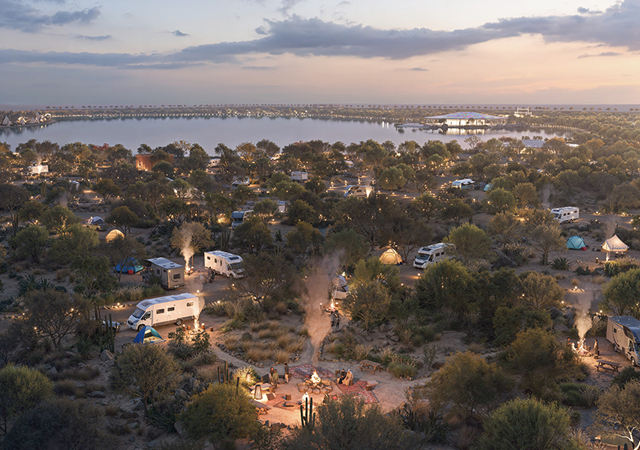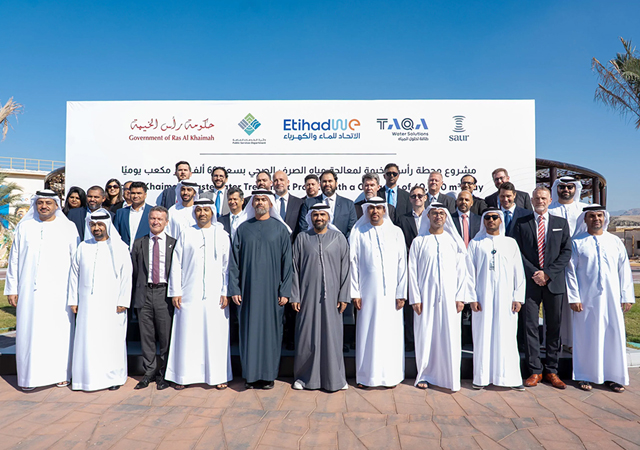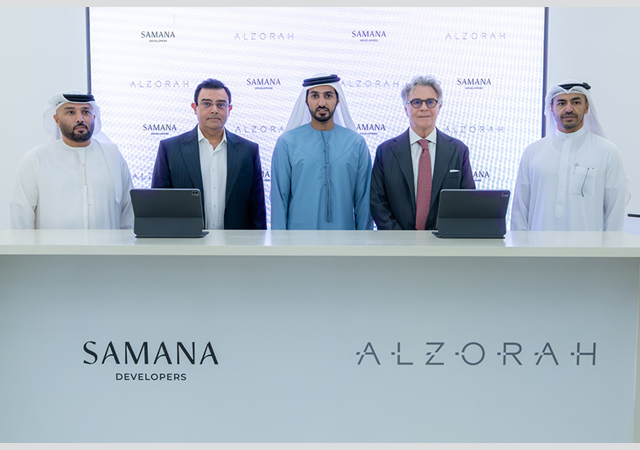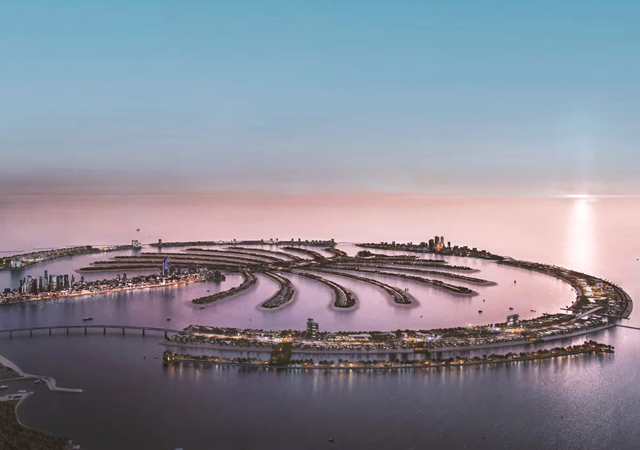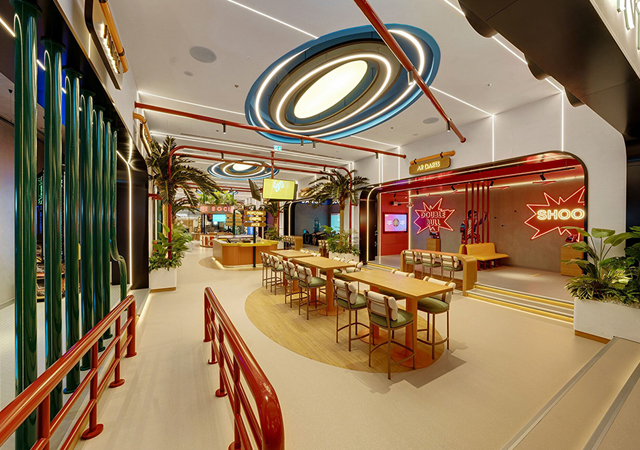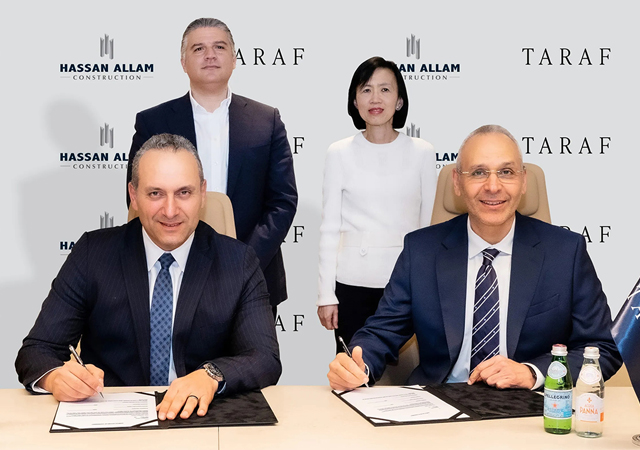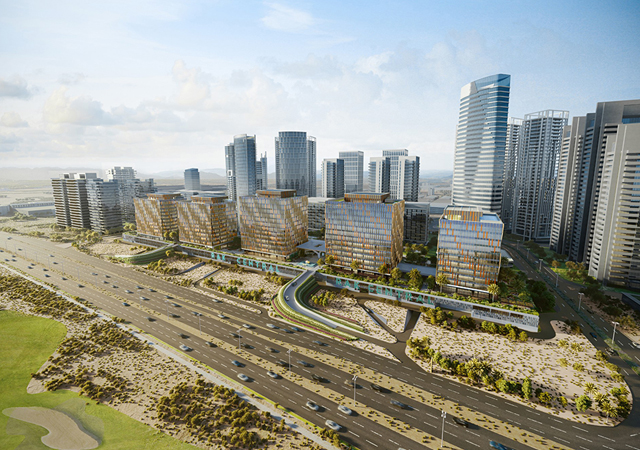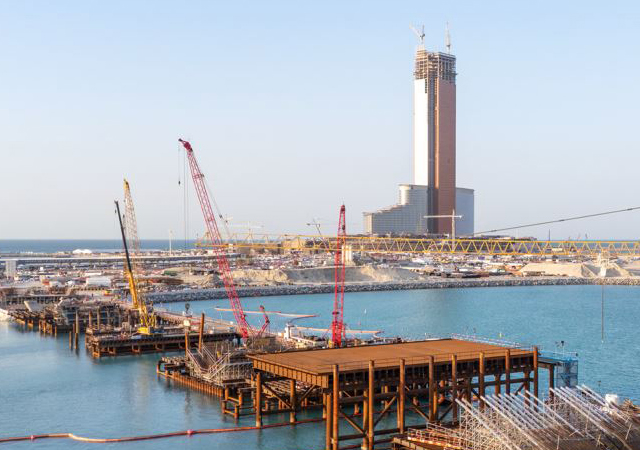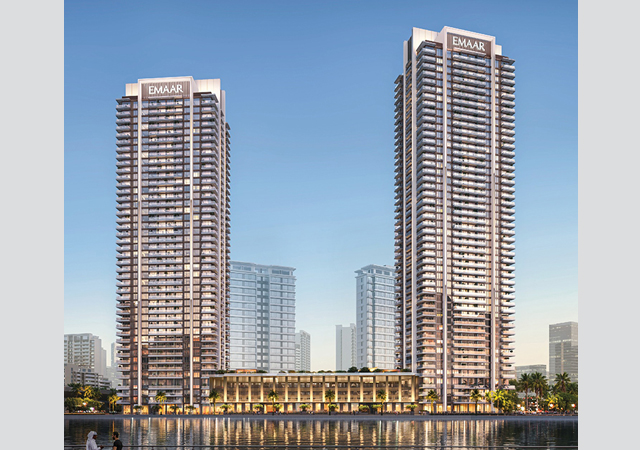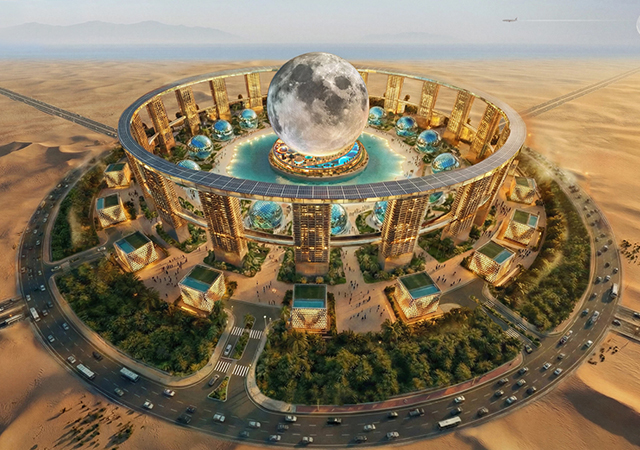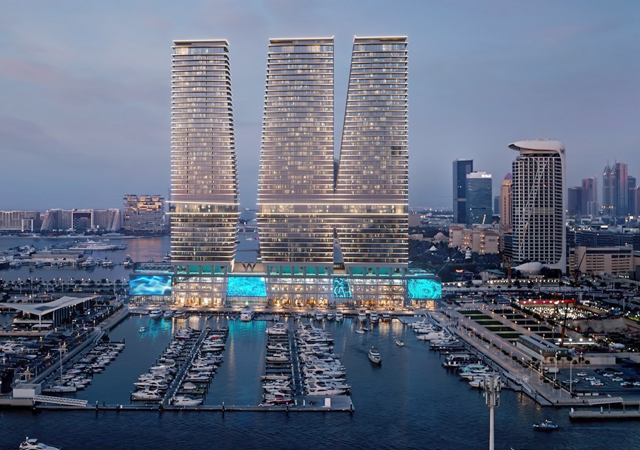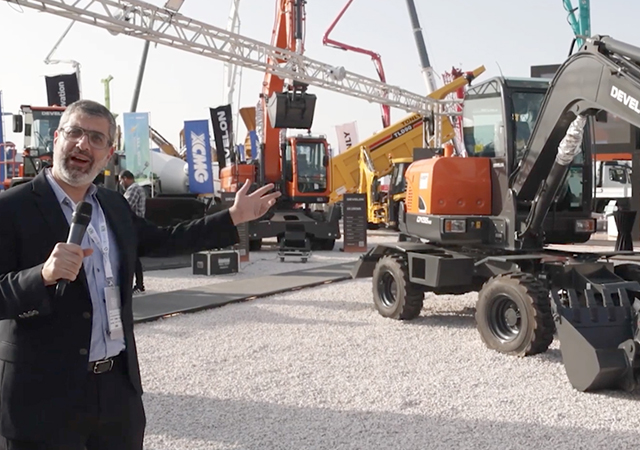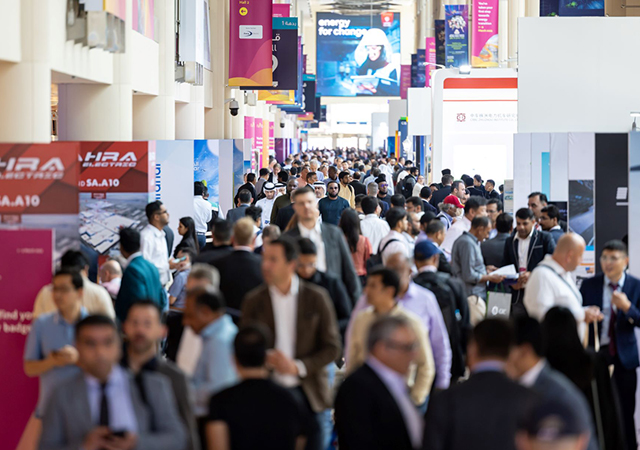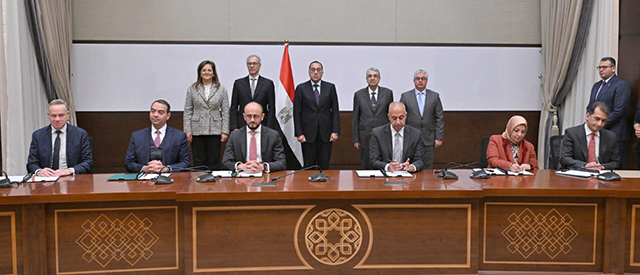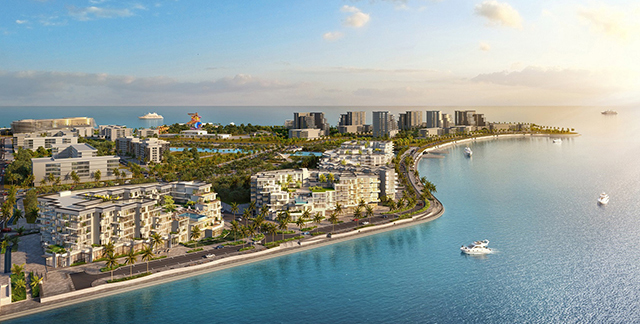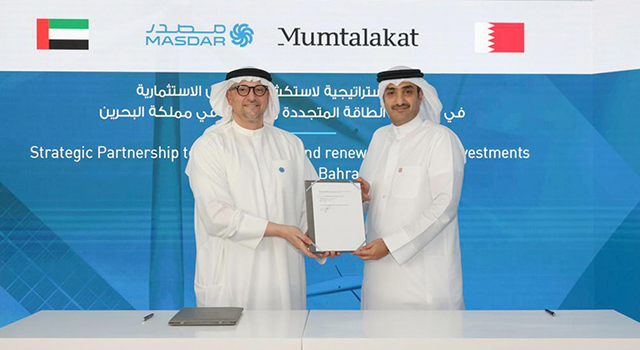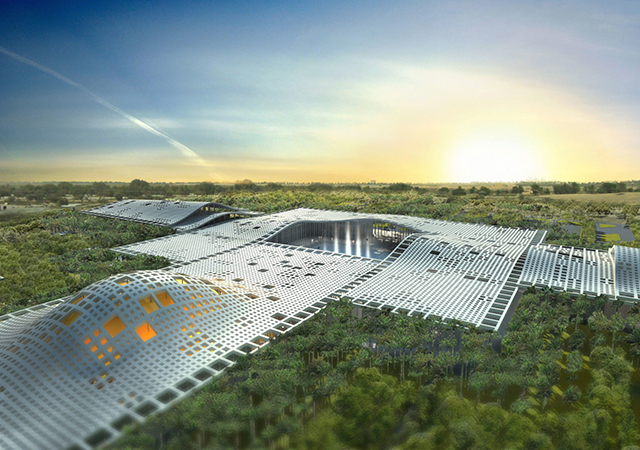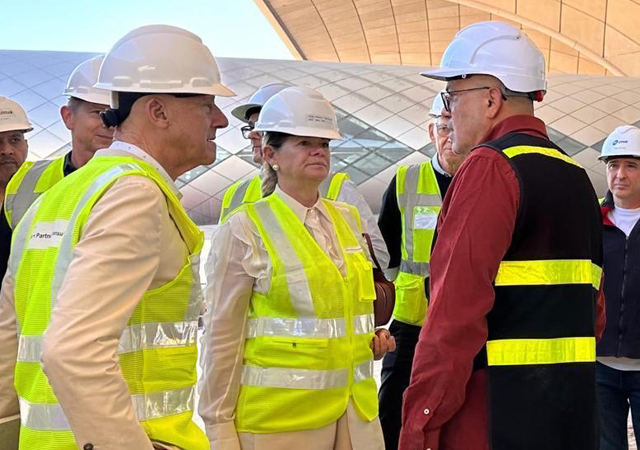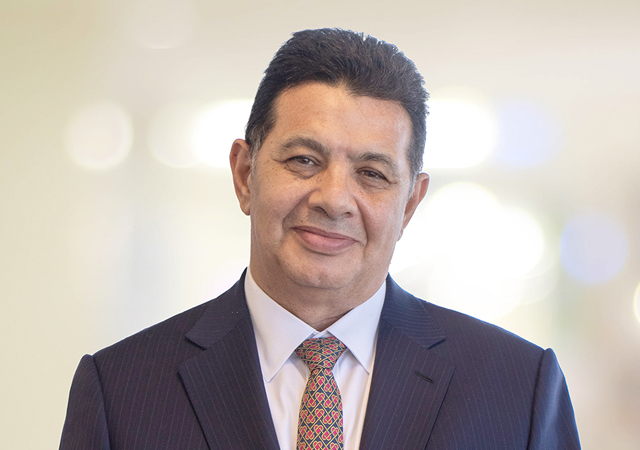

A year may seem like a fleeting moment in the vast landscape of project and construction management. Yet, for US-based Hill International, the period since its December 2022 merger with fellow US firm Global Infrastructure Solutions Inc (GISI) has been marked by a remarkable surge in achievements.
The merger has significantly bolstered Hill’s financial standing, eliminating the burden and expense of mandatory quarterly reports to the New York Stock Exchange (where Hill International was previously listed), Raouf Ghali, the project and construction management firm’s CEO, told Gulf Construction in an exclusive interview.
This liberation provides the company with valuable cash reserves for future investments, allowing it to operate independently while benefiting from the strength and resources of a larger conglomerate boasting 12,000 employees and $13 billion in annual revenue, he adds.
The story doesn’t end there. Like its competitors, Hill can now claim the strength of being a solely independent PM/CM firm with the merger opening the flood gates for cross-pollination and new business development opportunities for the company with several of the firms under the GISI platform such as Palladium, GEI Consultants, Asia Infrastructure Solutions and Lithos Engineering, to name a few.
“Put simply, the past year has gone exceptionally well and success is already in hand with the award of major contracts covering the Middle East and North Africa, Europe, Asia-Pacific and Hill’s backyard of the US in the infrastructure (airports, rail and transit and tunnels and turnpikes) sector,” he said.
Major awards in Saudi Arabia
“In the Middle East, a major success was receiving a letter of award for the Saudi Landbridge which, at an estimated cost of $7 billion, is the single-largest infrastructure project planned to date,” Ghali remarked.
A joint venture of Hill along with Italy’s Italferr and Spain’s Sener will provide PM services for the project that will connect the Red Sea coast of Saudi Arabia in the west and the Gulf coast in the east. The project – entailing the construction of over 950 km of rail infrastructure and upgrading of existing lines – is being implemented by the Saudi Railway Company (SAR) and will be the second major rail work in the kingdom after the Riyadh Metro for which trial runs are under way.
Hill International is involved on the metro project too. Its joint venture with WSP, called the Riyadh Advanced Metro Project Execution and Delivery (RAMPED), is the project manager for Package 3 which includes Line 4, Line 5 and Line 6 and covers 67 km of track with 48 km of elevated alignment, 5.5 km of tunnels, 22 stations and nearly 13 km of bored tunnel constructed through some of the most congested districts in Riyadh.
Another major contract in Saudi Arabia is for the Southern Border Protection that was awarded by the Interior Ministry.
He continued: “For Hill International, Saudi Arabia will be a target market for growth in 2024 with the focus being on projects funded by both the Public Investment Fund (PIF) and the private sector as the market is expected to boom for the foreseeable future, given all the projects and the appetite for change in line with the Saudi 2030 Vision and planning for the 2040 Vision.
“Undoubtedly, Saudi Arabia will be the single-largest market outside of the US in the global construction industry.
“Saudi Arabia’s singular bid for hosting the FIFA World Cup in 2034 will also firmly be on Hill International’s radar as sporting events is a target area that the company would like to develop as a healthy ‘end market’.
“As part of the initiative, the expectation will be for the kingdom to start developing a masterplan and Hill is poised to be involved. The kingdom will not spare any efforts and several cities in Saudi Arabia are expected to host the games entailing the construction of multiple stadiums, infrastructure, hotels and hospitality.”
Apart from Saudi Arabia, Hill’s focus in 2024 will also be on Qatar and Abu Dhabi. Hill has already provided its services for the Doha Metro and the Lusail LRT services and is awaiting the issue of RFPs (request for proposals) for the Green and Gold Lines and the railway connection to Saudi Arabia.
“The Qatar market is coming back strongly, and Hill is working on expanding its reach further in Abu Dhabi in the real estate and rail infrastructure sector,” he commented.
Industry headwinds, challenges
So, what is the outlook for the region? Ghali predicted: “With oil prices forecast to be $80 per barrel, the Middle East’s construction sector is set for another year of hectic activity.
“Along with it, some of the headwinds that the industry has been facing since the Covid-19 pandemic are also on the decline: inflation has tapered; the supply chain scenario has improved; and prices of construction materials are now better.
“The high inflation scenario peaked somewhere six months after Covid was officially over (WHO downgraded the pandemic in early May 2023) and since then – with the exception of China – the industry has seen it come down and settle at a new normal.
“Some of the supply chain issues are starting to wear off and shipping costs are back to normal levels. However, some of the production costs – given the high levels of demand – are still not at a desirable industry level.”
With the Middle East market now being price-competitive for materials and seeing a growth in demand, the call on manpower is also emerging as ‘still manageable’ for Hill in particular, as it continues to dip into a calmer UK market and also extend its reach to Asia-Pacific and Hong Kong through GISI where the latter has large presence allowing the company to tap into that work pool.
One competitive advantage for Hill is its talent focus with its 3,200-strong team that is 100 per cent focused on project management, he concluded.



